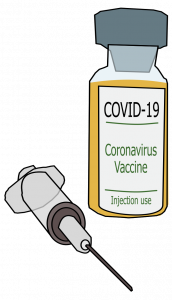by Colin Gavaghan, Professor of Law, University of Bristol Law School

The debate around the latest assisted dying bill – Kim Leadbeater’s Terminally Ill Adults (End of Life) Bill (TIA Bill) – has taken some unexpected turns. The usual arguments around choice and safety, the sanctity of life and dignity in death, have been supplemented by a range of procedural concerns. Some veteran MPs have even expressed the surprising argument that their new colleagues are too inexperienced to fully understand a matter of such importance. On the face of it, this is a remarkable claim; as Hannah White and Jill Rutter wrote in an article for the Institute for Government, ‘being willing to use one’s personal judgement to decide matters of national importance – without the comforting guidance of the party whips – is a core competence for the role.’ (more…)

